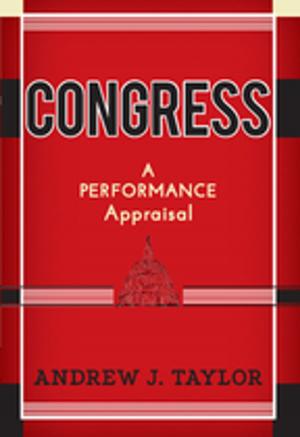| Author: | ISBN: | 9781135104375 | |
| Publisher: | Taylor and Francis | Publication: | July 14, 2017 |
| Imprint: | Routledge | Language: | English |
| Author: | |
| ISBN: | 9781135104375 |
| Publisher: | Taylor and Francis |
| Publication: | July 14, 2017 |
| Imprint: | Routledge |
| Language: | English |
From the Olympic Games to community-level competitions, sports events can be complex and pose a particular set of managerial challenges. The Routledge Handbook of Sports Event Management surveys the management of sports events around the world of every size and scale, from small to mega-events, including one-off and recurring events, and single-sport and multi-sport events.
The book adopts a unique stakeholder perspective, structured around the groups and individuals who have an interest in and co-create sports events, including organising committees, promoters, sport organisations, spectators, community groups, sponsors, host governments, the media and NGOs. Each chapter addresses a specific stakeholder, defines that stakeholder and its relationships with sports events, describes the managerial requirements for a successful event, assesses current research and directions for future research, and outlines the normative dimensions of stakeholder engagement (such as sustainability and legacy).
No other book takes such a broad view of sports event management, surveying key theory, current research, best practice, and moral and ethical considerations in one volume. With contributions from leading sport and event scholars from around the world, the Routledge Handbook of Sports Event Management is essential reading for any advanced student, researcher or professional with an interest in sport management, sport development, sport policy or events.
From the Olympic Games to community-level competitions, sports events can be complex and pose a particular set of managerial challenges. The Routledge Handbook of Sports Event Management surveys the management of sports events around the world of every size and scale, from small to mega-events, including one-off and recurring events, and single-sport and multi-sport events.
The book adopts a unique stakeholder perspective, structured around the groups and individuals who have an interest in and co-create sports events, including organising committees, promoters, sport organisations, spectators, community groups, sponsors, host governments, the media and NGOs. Each chapter addresses a specific stakeholder, defines that stakeholder and its relationships with sports events, describes the managerial requirements for a successful event, assesses current research and directions for future research, and outlines the normative dimensions of stakeholder engagement (such as sustainability and legacy).
No other book takes such a broad view of sports event management, surveying key theory, current research, best practice, and moral and ethical considerations in one volume. With contributions from leading sport and event scholars from around the world, the Routledge Handbook of Sports Event Management is essential reading for any advanced student, researcher or professional with an interest in sport management, sport development, sport policy or events.















